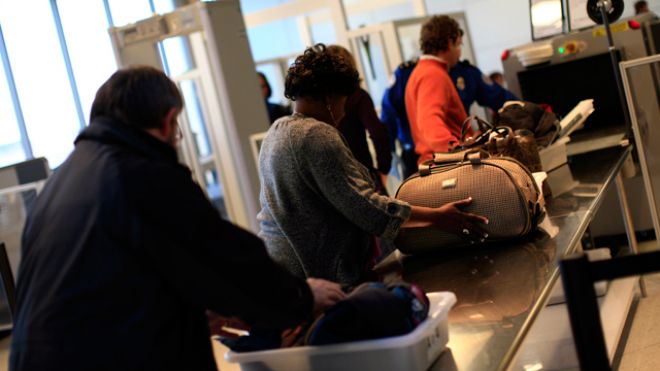5 Things Travelers Should Do When a Safety Alert Is Issued
Amid growing concern about the U.S. being targeted for attack, the State Department issued a worldwide travel safety alert for all Americans abroad to watch out for anti-U.S. actions, following an alleged Iranian plot to kill the Saudi ambassador to Washington.

The alert doesn’t give a specific threat or impose any new travel restrictions. But it does caution U.S. citizens to exercise care when traveling. So what does that mean for you, the traveler who is currently abroad in a foreign country and currently a little spooked about your safety?
There is no need to panic, the State Department says, but you should be vigilant and know how to protect yourself.
1. Avoid Crowds “When out doing tourism things avoid any crowds and demonstrations which can sometimes turn violent without any notice,” advises the State Department’s Hugo Rodriguez from the Bureau of Consular Affairs office of Citizen Services.
2. Stay in Touch Stay in regular touch with family and friends back in the United States. “We recommend Americans set up a pattern with family and friends whereby by they reach out on a daily basis and with their contact information. That way if something happens friends in the states will be alert to it,” Rodriguez advises. If a friend or family member is out of contact the State Department’s website has a listing of consulates and embassies and emergency contacts 24 hours a day.
3. Stay Informed Watch the news and know where trouble is erupting around the globe. “We recommend American citizens enroll in our Smart Traveler Enrollment Program. If they enroll we can be in touch with them when we become aware of situations they need to know about. If they put their cell phone and email address in our system we push out information through about demonstrations in the area they are traveling in,” Rodriguez said. U.S. citizens without Internet access can enroll directly at the nearest U.S. Embassy or U.S. Consulate.
4. Know Before You Go Research whatever country you are about to travel to or are traveling in currently in order to familiarize yourself with local transportation and customs so that you may more easily know if something appears suspect or unusual.
5. Be Smart “We want Americans to keep their wits about them and be aware of situations developing immediately,” Rodriguez said. This means not putting yourself in situations where you may be the only American or where you will be surrounded by unfamiliar people.





